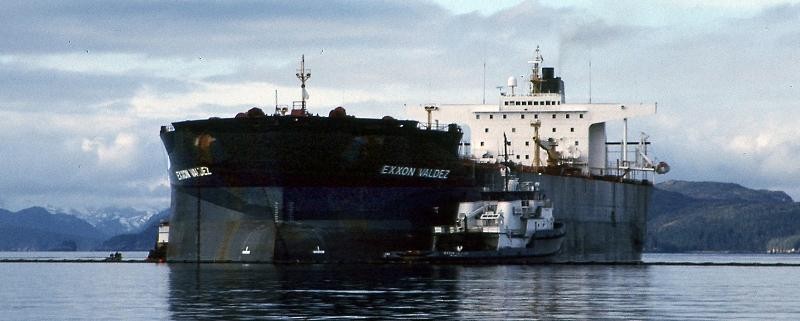
Punitive Damages In California
Punitive damages are not available in every lawsuit. Instead, they are available only in actions involving certain types of bad conduct. The law also requires that the bad conduct shown by “clear and convincing evidence.” The law of punitive damages is rapidly changing due to recent federal and state Supreme Court decisions, as well as legislative amendments.
Punitve damages serve a dual beneficial purpose: 1) discouraging “bad guys” and/or companies from doing bad things; and 2) making an example of the defendant so as to discourage other would-be wrongdoers from engaging in the same or similar types of wrongdoing.
California Civil Code section 3294 determines when punitive damages are available. As applied to employers, punitive damages based on the conduct of an employee may be awarded in a number of situations, such as where the employer:
- had “advance knowledge of the unfitness of the employee and employed him or her with a conscious disregard of the rights or safety of others”
- authorized or ratified the bad conduct; or
- commits one or more acts of oppression;
- commits fraud, such as a “cover up” or lying about events;
- engages in one or more malicious acts.
If the employer is a corporation, then a claim seeking to establish “conscious disregard” by the employer must show that the required advance knowledge was on the part of “an officer, director, or “managing agent” of the corporation. A “managing agent” refers to someone within the company who has considerable discretion in making decisions which ultimately determine corporate policy.
It is difficult to know whether a particular claim will justify punitive damages against an employer, even though the law is clear that sexual harassment, in and of itself, warrants such damages against the harasser. As always, whether punitive damages are to be awarded is an issue for the judge, jury or arbitrator. Potential claims involving the possibility of punitive damages should be closely evaluated by an attorney prior to being made because determining whether sufficient proof exists involves a great deal of investigation.
Recent Articles and Decision Involving Punitive Damages:
Simon v. San Paolo U.S. Holdings
Exxon still owes for Valdez spill
If you have questions about a case that you believe may involve a claim of punitive damages, click here for a Free Legal Consultation.

Leave a Reply
Want to join the discussion?Feel free to contribute!